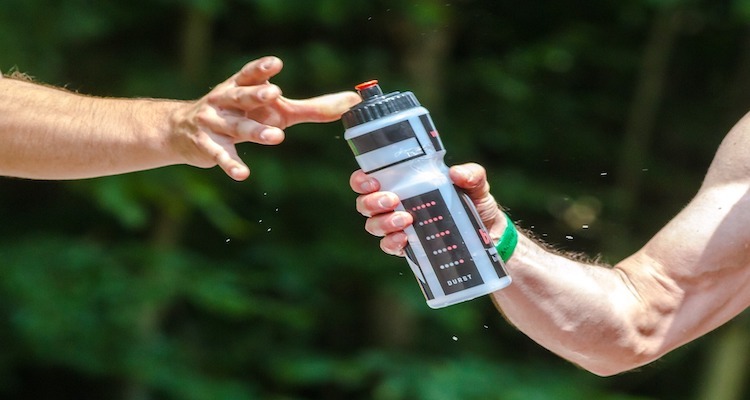
Hurling is a fast-paced, high-intensity sport that requires a combination of aerobic and anaerobic energy production. The nutritional demands of hurling are similar to those of other field sports, emphasizing fueling and recovery for optimal performance. Here are some key nutritional considerations for hurling players:
It's important to note that individual nutritional needs may vary depending on factors such as age, gender, body composition, training load, and personal preferences. Working with a sports nutritionist can provide personalized recommendations to help optimize performance and support overall health.
Working with a sports nutritionist can provide numerous benefits for hurlers. Here are some ways in which a sports nutritionist can help optimize a hurler's performance:
Working with a sports nutritionist ensures that hurlers receive personalized and expert guidance on their nutrition, helping them optimize their performance, enhance recovery, and maintain long-term health. Indeed many famous hurlers have spoken about the importance of sports nutrition.
Several famous hurlers have spoken about the importance of nutrition in their sport. Here are a few examples:
It's worth noting that many elite athletes recognize the importance of nutrition and its impact on their performance and overall well-being.
If you would like to work with a sports nutritionist then do search our global directory of sport performance specialists to find the right support for you.
